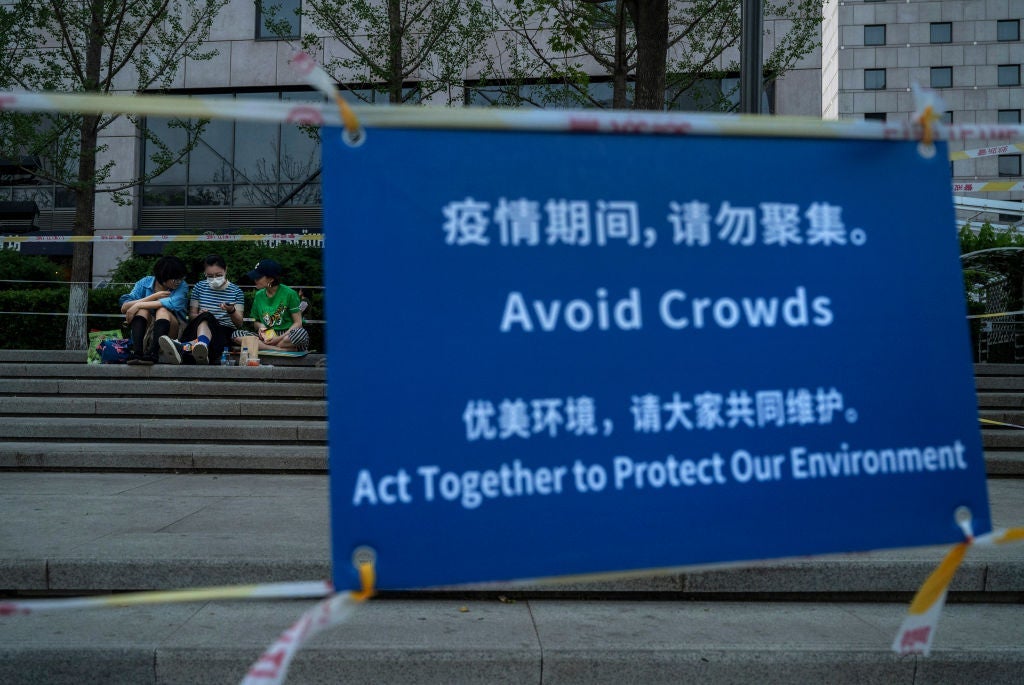
In the drive to keep up technologically with what guests bring into their hotels in the computer bags hung on their shoulders, many managers have introduced Wi-Fi networks. The classic locations are the lobby, bar or dining areas, where business customers will use their laptops or Personal Digital Assistants (PDAs) to check their messages and maybe do some online research while they wait for their associates or pass the time until their next appointment. However, Wi-Fi also makes it up to the rooms, where it may be an alternative to a hardwired internet connection or the only way for guests to link to the web.
TECHNICAL OBSTACLES
Wi-Fi is not without its challenges. The signal footprint, typically 100m around the base station, degrades at its edges and is subject to electronic interference from lifts and microwaves. Both Wi-Fi and microwaves use the same 2.4GHz band, so one way or another an executive could get a roasting from the office.
In guestrooms on the same floor, the reliability of reception can alter dramatically for a variety of arcane construction or electromagnetic reasons. Users who lose connections to a paid-for service must re-key the ID and password that they were given by the hotel and start all over again.
There is also the question of capacity. The more users of a hotspot, the less bandwidth there is, and therefore the slower that each user will be able to work online. This problem will be compounded if the hotel has a relatively narrow Digital Subscriber Line (DSL) to the Internet. Wi-Fi users who have tried to go online during coffee breaks during big conferences will know the frustrations.
As ever in the fast-moving world of technology, new kit such as phased-array antennae will broaden bandwidth and boost coverage. However, hotel marketing managers anxious to enhance the facilities they offer their guests may have to wait two or three minutes before they arrive.
See Also:
Another important issue is that of security. Anyone with the right equipment could be sitting somewhere in a Wi-Fi hotspot monitoring the commercially sensitive communications of a user nearby. Many companies tunnel their travelling executives through the encryption of Virtual Private Networks (VPN) but not all confidential emails will be between an executive and his office. The concern is such that some companies, particularly in the aerospace, biotechnology and defence industries – and, reportedly, even one leading high-tech firm in the communications business itself – still have a total ban on their people using Wi-Fi.
How well do you really know your competitors?
Access the most comprehensive Company Profiles on the market, powered by GlobalData. Save hours of research. Gain competitive edge.

Thank you!
Your download email will arrive shortly
Not ready to buy yet? Download a free sample
We are confident about the unique quality of our Company Profiles. However, we want you to make the most beneficial decision for your business, so we offer a free sample that you can download by submitting the below form
By GlobalDataThe final issue is cost. In Europe a few hotels now provide Wi-Fi connectivity to their guests as part of the room rate and make no further charge, regardless of how much the connection is used. Most do charge though, selling on a service provided by outside contractors. That service may be supplied on the basis of guaranteed minimum use levels, below which the hotel is obliged to compensate the provider. A further potential wrinkle is that if the paid-for service proves less than adequate, the reception or concierge desk finds itself confronted by an angry user and a problem that it is not in the hotel’s direct power to solve.
ALTERNATIVE SUPPLY MODEL
A new Wi-Fi supply model is just being launched which may have a considerable impact on the provision of this facility, especially as many hotels will now be approaching the renewal dates for existing paid-for Wi-Fi contracts. The deal is free Wi-Fi paid for by advertising, from which revenues the hotel itself will also receive a percentage. Set up by Dan Toomey, former CEO of Nomadix, one of Wi-Fi’s pioneering companies, supplier free-hotspot.com launched in Europe last September out of offices in Dublin. Europe was chosen to launch the product rather than the USA because internet access, though generally hardwired, is already a free service offered by most US hoteliers.
According to Joe Bruloni, free-hotspot.com’s vice-president of marketing development, all a hotel needs to use its product is a DSL connection and an investment of a little over €200; free-hotspot.com supplies the router and the firmware. “The hotel is therefore getting a dependable Wi-Fi service without a large capital outlay, and no ongoing financial commitments,” says Bruloni.
Brunoli explains that every five minutes the person using free-hotspot.com’s Wi-Fi system will see an advertisement web page, which they can click out of as soon as they like. The session begins with an introductory page from the hotel containing terms and conditions and any other message the hotel wishes. Thereafter, as the user moves between different domains, the advertising pages will come up while the new domain is being loaded, but only every five minutes. No ad will appear any more frequently, nor will another ad load if the user stays within the same internet domain.
HOTEL-SPECIFIC PACKAGES
The extraordinary thing about the free-hotspot.com solution is its promised customisability. The hotel can specify what advertisements it doesn’t want to see so there will be nothing from rival businesses. From an advertiser’s point of view, says Brunoli, free-hotspot.com represents a powerful new advertising channel.
“Our customers can stipulate that they want their ads to be served only in Chelsea or in a part of France or even at particular times,” he says. “It could even be the restaurant around the corner from the hotel advertising the special that evening. In advertising terms, this is very granular targeting. Campaigns can be constructed which are vertical – say, only hotels – or geographical.” Furthermore, says Brunoli, by knowing where their advertisements are being served, the advertisers have a pretty good idea of who is seeing them.
“This is a new medium,” he asserts, “which is not close to traditional internet advertising. These ads are not pop-ups. It is much closer to outdoor advertising or a billboard in a specific location. With traditional internet advertising, you get a report saying that the page where the ad lives has been seen ‘x’ number of times, but you know no more than that. It could have been below the fold and not spotted. Every time we serve an ad, someone sees it.”
The advertisers can also drill further because every Ethernet wireless card – the gizmo that now lives in the majority of laptops which allows them to use Wi-Fi – has a unique 24-digit MAC number which will be recorded by the router free-hotspot.com installs in the hotel. They can therefore establish how many different hotspot users are receiving their message.
THINKING BIG
free-hotspot.com was trialled last year in cafés in Paris and London, and is currently installed in 50 locations in France, the UK, Germany, Italy, Belgium, the Netherlands and Ireland, mostly in cafés. Lobbies of two and three-star tourist hotels are currently being targeted because they generally have no internet access for guests, especially guests’ children, who, the marketing theory goes, cannot bear to be separated from their chat rooms and email. Later this year, however, Brunoli wants to roll out to business hotels with established paid-for services. “After all, even though we are not experiencing any user difficulties with freehotspot.com, should there ever be a degraded service because of heavy use, for instance, people are going to get a lot less annoyed if it is costing them nothing.”







